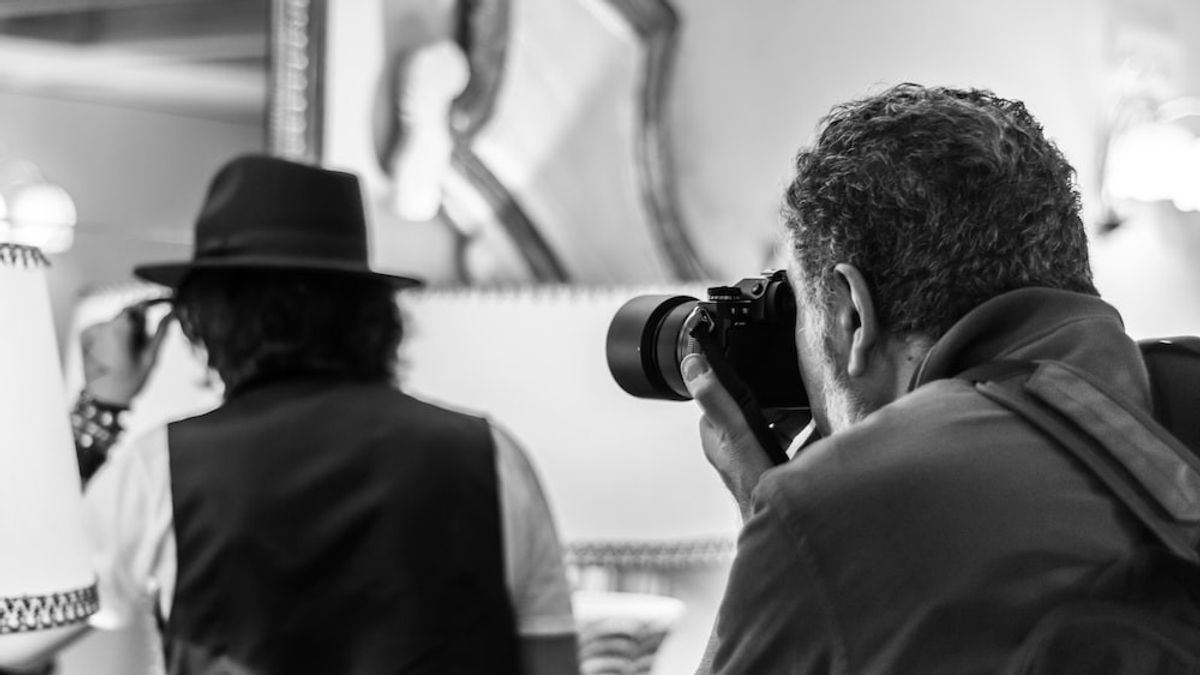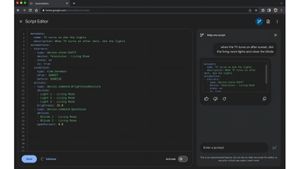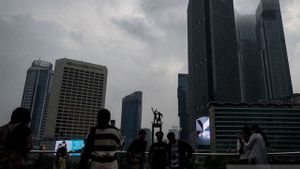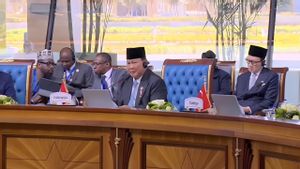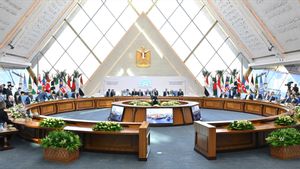YOGYAKARTA – Taking photos or recording someone without permission is often done by the public. But did you know the law about taking photos of other people without permission?
Taking photos or videos of someone without permission is illegal. Even perpetrators of taking pictures can be subject to punishment. This article will discuss the laws that will be imposed on perpetrators of recording other people without permission.
Law on Taking Photos of Others Without Permission
Taking photos or videos with other people as objects is usually done for various purposes, such as for entertainment needs, electronic documents, and so on. In practice, these activities are accompanied by consensus or mutual agreement.
For example, a photographer takes a picture using a camera with someone working as a photo model as the object. Or making a film involving actors where the photographer or owner of the image has entered into an agreement with the person who is the object of the recording.
However, the activity of taking photos or videos is sometimes not accompanied by consensus, and is even carried out secretly, like illegal spying to find someone's faults. In this case, a person who is the object of a recording, whether in the form of a photo or video, can file a lawsuit against the recorder.
Those who record someone without permission can be prosecuted because they violate established rules. The law on photographing or recording someone without permission is regulated in the following rules
1. Copyright Law
In Law of the Republic of Indonesia Number 28 of 2014 concerning Copyright, it mentions the prohibition on the use of photos or people in certain activities, regulated in Article 12 with the following words.
"(1) Every person is prohibited from commercially using, duplicating, announcing, distributing and/or communicating the portrait he or she has made for commercial advertising or advertising purposes without the written consent of the person being photographed or his or her heirs."
“(2) Commercial use, duplication, announcement, distribution and/or communication of portraits as intended in paragraph (1) which contain portraits of 2 (two) or more people, must require approval from the person in the portrait or their heirs. ”
Not only does it emphasize the prohibition on using someone's photos without permission, the Copyright Law also states the penalties that can be imposed by perpetrators. The penalty for using someone's photo is contained in Article 115 of the Copyright Law which reads as follows.
"Any person who, without the consent of the person being photographed or his heirs, carries out Commercial Use, Duplication, Announcement, Distribution or Communication of Portraits as intended in Article 12 for the purposes of billboards or advertisements for Commercial Use both in electronic and non-electronic media, shall be punished with a maximum fine of IDR 500,000,000.00 (five hundred million rupiah)."
2. ITE Law
The law on taking and recording images is also regulated in the ITE Law. In the ITE Law, photos or videos of a person are included in the category of electronic information and/or electronic documents if they are still in electronic form or have not been printed on print media.
In Article 27 paragraph 1 of Law Number 11 of 2008 concerning Electronic Information and Transactions, it is explained that every person who intentionally and without authority distributes and/or transmits and/or makes accessible Electronic Information and/or Electronic Documents which contain content that violates decency may be subject to prosecution.
VOIR éGALEMENT:
This penalty is stated in Article 45 of the ITE Law which states that every person who intentionally and without authority distributes and/or transmits and/or makes accessible Electronic Information and/or Electronic Documents which have content that violates decency as intended in Article 27 paragraph ( 1) be sentenced to imprisonment for a maximum of 6 (six) years and/or a fine of a maximum of IDR 1,000,000,000.00 (one billion rupiah).
3. Pornography Law
Taking photos or videos of someone is also regulated in the Pornography Law, namely in Law of the Republic of Indonesia Number 44 of 2008 concerning Pornography. In this law it is stated that activities related to producing, creating, multiplying, duplicating, disseminating, broadcasting, importing, exporting, offering, buying and selling, renting or providing pornography as stated in Article 4 paragraph (1) of Law Number 44/2008 concerning Pornography is punishable by imprisonment for a minimum of 6 months and a maximum of 12 years and/or a fine of at least IDR 250 million and a maximum of IDR 6 billion (regulated in Article 29).
That is information related to the law of taking photos of other people without permission. Visit VOI.ID to get other interesting information.
The English, Chinese, Japanese, Arabic, and French versions are automatically generated by the AI. So there may still be inaccuracies in translating, please always see Indonesian as our main language. (system supported by DigitalSiber.id)
